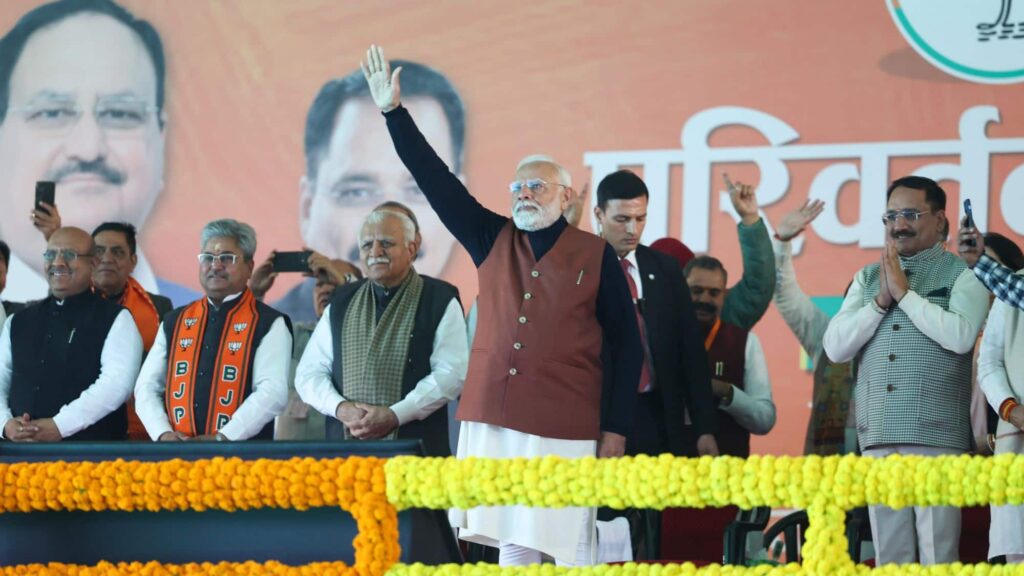In a recent address, the Prime Minister of India urged the voters of Delhi to provide the Bharatiya Janata Party (BJP) an opportunity to lead, emphasizing that the ruling party at the center is the key to the capital’s development. Citing the BJP’s electoral victories in various states including Northeast India, Odisha, and Maharashtra, he expressed confidence in the party’s success in the upcoming Delhi Assembly elections.
The Importance of the Upcoming Delhi Elections
The Delhi Assembly elections are a significant event in India’s political landscape, influencing not only local governance but also setting the tone for the party’s performance in national politics. The Prime Minister’s call to action underscores the necessity of voter engagement and highlights the BJP’s commitment to transformative policies in the capital.
Key Initiatives of the BJP in Delhi
| Initiative | Description | Impact |
|---|---|---|
| Urban Development | Investment in infrastructure, including roads and public transport. | Improved connectivity and quality of life for residents. |
| Education Reforms | Enhancements in government schools and vocational training programs. | Increased literacy rates and skilled workforce. |
| Healthcare Improvements | Expansion of healthcare facilities and services. | Better access to healthcare for the population. |
Impact of BJP’s Past Performance
The BJP’s past achievements in various states serve as a testament to their capabilities. Their focus on development and welfare has garnered support from the electorate. Specifically, the economic strides and social initiatives implemented in states like Maharashtra and Odisha have set a benchmark. This success plays a crucial role in the Prime Minister’s aspirations for Delhi, as similar strategies will be employed to ensure progress.
Challenges Ahead for the BJP in Delhi
Despite a confident outlook, the BJP faces several challenges in the Delhi elections. The political landscape is dynamic, with competing parties presenting viable alternatives. The opposition’s criticism regarding issues such as air quality, public transportation, and housing remains potent. Effectively addressing these grievances will be essential for the BJP to maintain voter trust and ensure electoral success.
Conclusion
As the election season approaches, the call from the Prime Minister for the people of Delhi to support the BJP emphasizes the party’s focus on development and welfare. With a commitment to addressing both local and national concerns, the BJP aims to replicate its previous electoral successes in Delhi. The coming days will be critical as voters evaluate the party’s promises against their past performance, ultimately shaping the future of Delhi and its governance.
